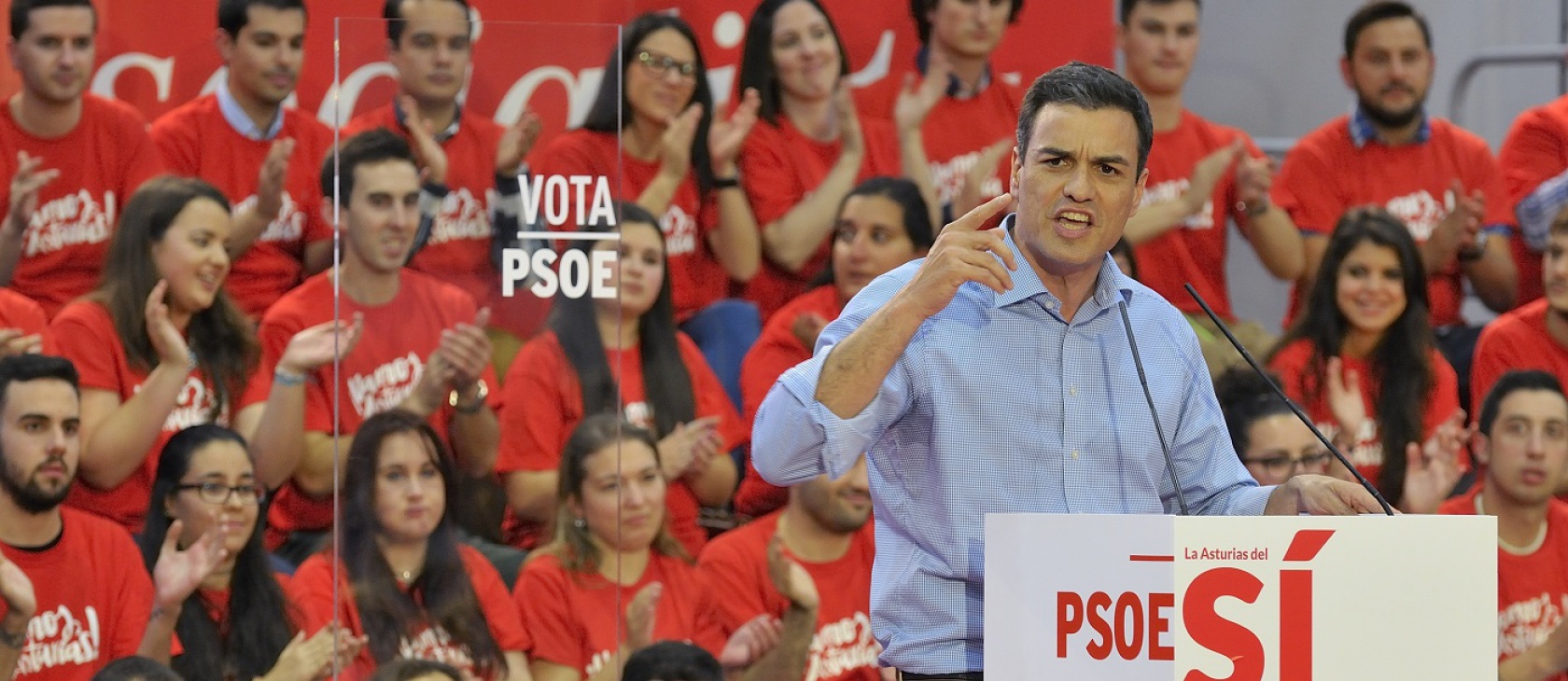Over the weekend, Socialist Party (PSOE) leader Pedro Sánchez became president of Spain after the former president and People’s Party (PP) leader Mariano Rajoy lost a no-confidence vote. That vote came in reaction to the judicial sentence in the corruption case Gürtel – in which officials such as the former treasurer Luis Bárcenas took bribes that financially benefited the People’s Party. The motion went forward with the support of the far-Left party Podemos, as well as Catalan and Basque pro-secession parties.
That alliance resembles the 1936 Popular Front formula: a coalition of left-wing and pro-secession nationalist parties. That confluence explains why we will find economic and political interventionism increasing – as will state-sponsored threats to religious liberty arising from anti-Christian bias.
Here’s what we can expect from the Sánchez government:
The tax burden will rise and labor market regulations will increase
Spain currently ranks as the world’s 60th freest economy despite somewhat high levels of government spending, according to the 2018 edition of the Heritage Foundation’s Index of Economic Freedom. That’s likely to change markedly.
PSOE has proposed a €40 billion tax increase ($47 billion U.S.), raising taxes from 38 to 42 per cent of the Spanish Gross Domestic Product (GDP). More precisely, the party seeks to increase income and corporate taxes; the highest level of that latter is between 19 and 21 per cent. Despite fierce social indignation, raising the estate or “death tax” has not been ruled out.
The new government is also likely to repeal the labour reform passed by the People’s Party six years ago. The law simplified labour regulations, allowed for greater flexibility in companies, and brought greater subsidiarity to collective bargaining agreements – and substantially reduced the unemployment rate since 2014.
Anti-Catholicism is likely to be on the rise
The People’s Party has been moderate on social issues, largely withdrawing its defense of the culture of life and opposition to LGBT ideology. However, Marxists in the Sánchez coalition strike a combative pose toward public expressions or affirmations of Christianity, which is the backbone of Western Civilization.
Among Sánchez’s commitments when he returned to his party’s leadership last year was a policy to reduce or deny Catholic families’ rights to educate their children as they see fit. Specifically, this author addressed Socialist plans to crack down on Catholic education for the Acton Institute last year. PSOE wants to give priority to State-owned schools over the Catholic school system and limit its autonomy. The party has pledged to remove the mandatory teaching of the Catholic religion from the public schools’ curricula – but private, and parochial, schools may be affected, as well. In regions where the party governs – such as Asturias, Andalusia and Extremadura – there seems to be a discriminatory application of laws, especially toward Catholic Religion teachers.
Moreover Pedro Sánchez had already vowed to tax the Roman Catholic Church on any real estate it does not use for worship, although many other institutions also benefit from this tax exemption. He may end all public religious public acts (such as funerals) and ban the display of all religious symbols in public institutions like hospitals and airports. Many of those anti-clerical proposals are codified in the party platform of Podemos, which supported Sánchez in his efforts to become the new head of state. Together, Podemos and PSOE have created a hostile environment for believers that fueled attacks on Spanish places of worship, according to a report from Spain’s Observatory of Freedom of Religion and Conscience.
Taken together, this platform represents an attack on religion, family life, liberty, spontaneous order, and the principle of subsidiarity. On the one hand, their economic program would plunge families into harsh circumstances and undermine entrepreneurship – a positive economic and moral force that offers people the best way to help themselves and their neighbours flourish. On the other hand, there is a strong likelihood of further encroachment on religious liberty, as Marxists want to see Christian values and the nation’s Catholic heritage eroded.
Unfortunately, there will be a greater need for Spanish citizens to resist political interventionism and anti-clerical attacks on the Roman Catholic Church – and the struggle has hardly begun.




